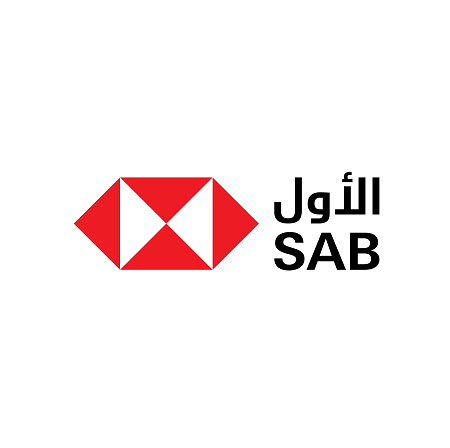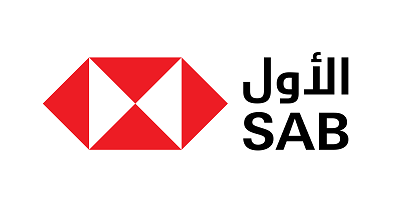-
Wealth Management
-
-
Low Limit Credit Cards
-
Debit Cards
-
Prepaid Card
-
ICSAB+
-
Finance
-
Help & Support
-
-
Help & Support
-
Cards
-
-
-
Tools & Resources
-
Ways to Bank
-
Help & Support
-
ESG at SAB
-
Security
-


Frequently Asked Questions
Have questions about SAB banking services? Let us help you with these frequently asked questions.
FAQSCustomer Service
Our friendly Customer Support team are on hand to help with any queries you have. We're here to help!
Contact UsQuick Links
November 2014

The HSBC Emerging Markets Index (EMI), a monthly indicator derived from the PMI™ surveys, fell to 51.5 in October, from 52.5 the previous month, signalling weaker output growth across global emerging markets. The current sequence of overall expansion now stretches to 15 months, but the latest increase was the weakest since May. The EMI has trended at 53.8 since its inception in November 2005.
The weaker growth momentum at the start of the final quarter was the result of slower service sector expansion, as growth of activity eased from September’s 19-month high. The rate of growth in manufacturing output was unchanged from September’s modest pace.
The four largest emerging economies all fared worse in terms of output in October. China registered the weakest rate of expansion since July, while Indian growth slowed to a five-month low. Brazilian private sector output declined for the sixth time in seven months, and at the fastest rate since May 2009. Finally, Russian output fell for the first time in five months.
The SABB/HSBC EMI index showed that new business inflows across emerging markets globally remained subdued in October, rising at the weakest rate in five months. The volume of outstanding business declined for the fourth month running. Employment growth remained marginal.
Inflationary pressures moderated in October. Input prices rose at the slowest pace since June 2013, while output prices fell slightly for the first time in seven months.
Output, new business, purchasing activity and employment in the UAE non-oil private sector all rose at survey-record rates in October, while average wages/salaries increased at the strongest pace since the series began in August 2009. Average purchase prices rose at the fastest rate in just over two-and-a-half years. New export business bucked the wider trend in new work, registering the slowest expansion since January – albeit a strong overall pace nonetheless.
Latest data from the SABB/HSBC EMI Index showed that Saudi Arabian non-oil output increased during October at a sharp pace, but was restricted by competitive pressures and signs of slower market demand. While new orders continued to rise markedly, there were reports that demand was rising to a lesser extent than seen in previous months, both at home and abroad.
Latest data signalled a continuation of the recent upturn in Egypt’s non-oil private sector at the start of the fourth quarter. Output and new orders continued to rise, albeit at weaker rates, and companies increased their workforce numbers for the second month running.
Your are now leaving this site
Your are now leaving this site
You are about to leave this site. You are being redirected to an external site. Would you like to leave this site?
© SAB, Saudi Arabia. All Rights Reserved, 2025
Saudi Awwal Bank, a listed joint stock company, incorporated in the Kingdom of Saudi Arabia, with paid in capital of SAR 20,547,945,220, commercial registration certificate 1010025779, unified number 7000018668, Mailing Address: P.O. Box 9084, Riyadh 11413. National Address: 7383 King Fahad Branch Rd, 2338 Al Yasmeen Dist., 13325 Riyadh, Kingdom of Saudi Arabia, Tel. +966 11 4050677, www.sab.com, licensed pursuant to the Council of Ministers Resolution No. 198 dated 06/02/1398H and Royal Decree No. M/4 dated 12/08/1398H, and regulated and supervised by the Saudi Central Bank.